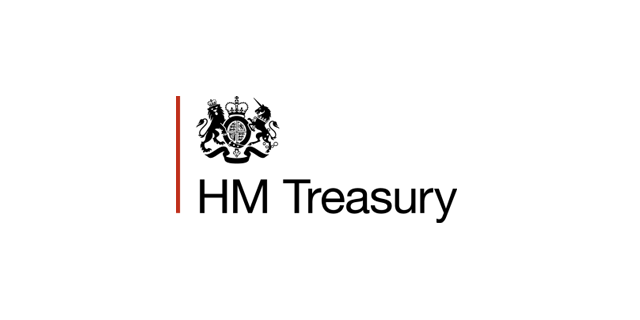EMBARGOED UNTIL 00.01 TUESDAY 11 OCTOBER
Major financial services firms step up efforts to tackle gender gap.
Major banks including HSBC UK, Santander, RBS and Lloyds have published ground-breaking gender strategies, committing them to ambitious targets for the number of women they employ in senior roles.
As part of the government’s Women in Finance Charter, firms agreed earlier this year to publish progress on gender balance annually and today’s publications set record targets for female representation at the highest levels.
Of the 72 firms who signed the Charter, 60 have now committed to having at least 30% of women in senior roles by 2021 – this includes 15 banks and 13 leading insurers who together employ over 375,000 people in the UK.
Thirteen organisations, including Virgin Money, the Financial Conduct Authority and Legal and General, are aiming for complete gender parity in senior roles – a 50/50 split.
As part of the Charter, established by HM Treasury, firms also agreed to make an individual executive responsible for its commitments and as a result, today 20 firms have named their CEO as the senior executive accountable for progress against their targets.
The firms who have published their strategies today employ over half a million people and span across the breadth of the financial services sector, from FinTech firms to asset managers. Over half are also headquartered outside of London, with a particularly strong presence in Scotland.
Today’s news has been welcomed by Prime Minister Theresa May:
“The UK is a world-leader in financial services, but the sector could do even better if it made the most of many talented women who work in finance. Too few women get to the top and many don’t progress as quickly as they should or they leave the sector completely.
“So it is good news that so many firms have signed the Women in Finance Charter and are now dedicating themselves to tackling gender inequality. They recognise the business case for doing so and with ambitious targets to deepen the female talent pool, these firms are leading the way.
“I want to see a diverse sector run by talented men and women and I look forward to seeing many more businesses promoting women and helping to making the UK the best place in the world to do business.”
Alongside gender diversity targets, firms have set out strategies for how they’ll hit these targets, including improving flexible working, making recruitment gender neutral and distributing high profile work more fairly.
Financial services is the country’s highest paid sector but has the widest gender pay gap, at 39.5%, compared with 19.2% across the economy. This means that for every pound earned by a man in financial services, a woman earns just over 60p.
The Gadhia review found that in UK Financial Services female representation is currently around 23% on Boards, but only 14% on Executive Committees.
Simon Kirby, City Minister, said:
“These firms are setting a great example for the rest of the financial services sector by prioritising gender equality throughout their businesses.
The benefits of a more equal workforce are clear and I call for more firms to show their commitment to this cause by signing up to the Treasury’s Women in Finance Charter.”
Jayne-Anne Gadhia, chief executive at Virgin Money said:
“I am delighted that 60 firms have committed to a target of at least 30 per cent women in senior roles by 2021.
Signing the Women in Finance Charter, and the commitment to deliver on ambitious targets, will help to build a more balanced and fair industry.
Enabling women to fully realise their potential at work is good for strong, sustainable business performance, has clear social and economic benefits and I encourage all firms across the sector to follow suit.”
The Women in Finance Charter, set up by the Treasury, commits signatories to four key industry actions:
• linking the remuneration packages of their executive teams to gender diversity targets;
• setting internal targets for gender diversity in their senior management;
• publishing progress reports annually against these targets; and
• appointing a senior executive responsible for gender diversity and inclusion.
All 72 of the firms’ gender diversity targets will be accessible at the following webpage from Tuesday:
https://www.gov.uk/government/publications/women-in-finance-charter
New Financial, a think tank working with HMT to monitor the progress of Charter signatories, will be publishing a thematic analysis of the submissions from the first cohort at the end of October 2016. New Financial will also publish a survey of signatories in Q2 2017 and the first annual Women in Finance Charter Review in December 2017.
The next tranche of firms who have signed up in the Charter will be announced next month.

- 020 3167 4625
- hello@sturgeonventures.com

